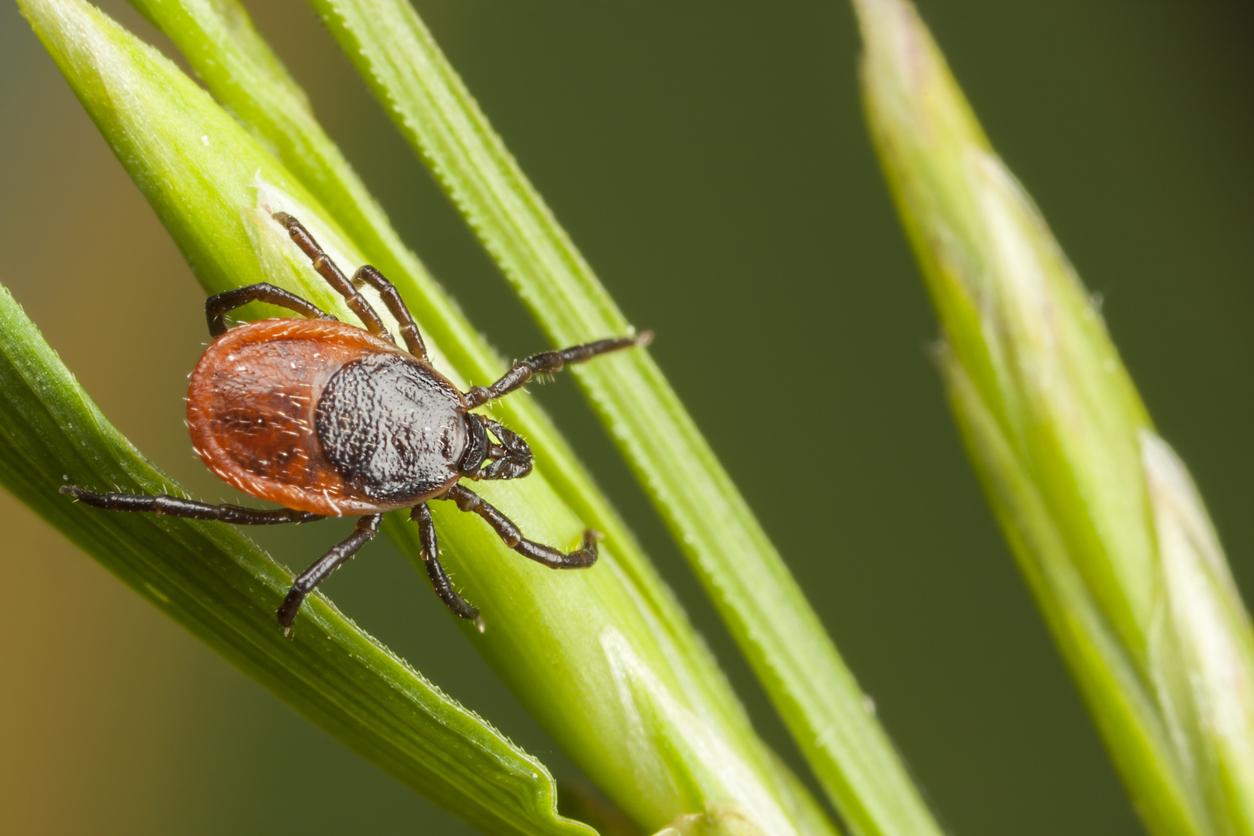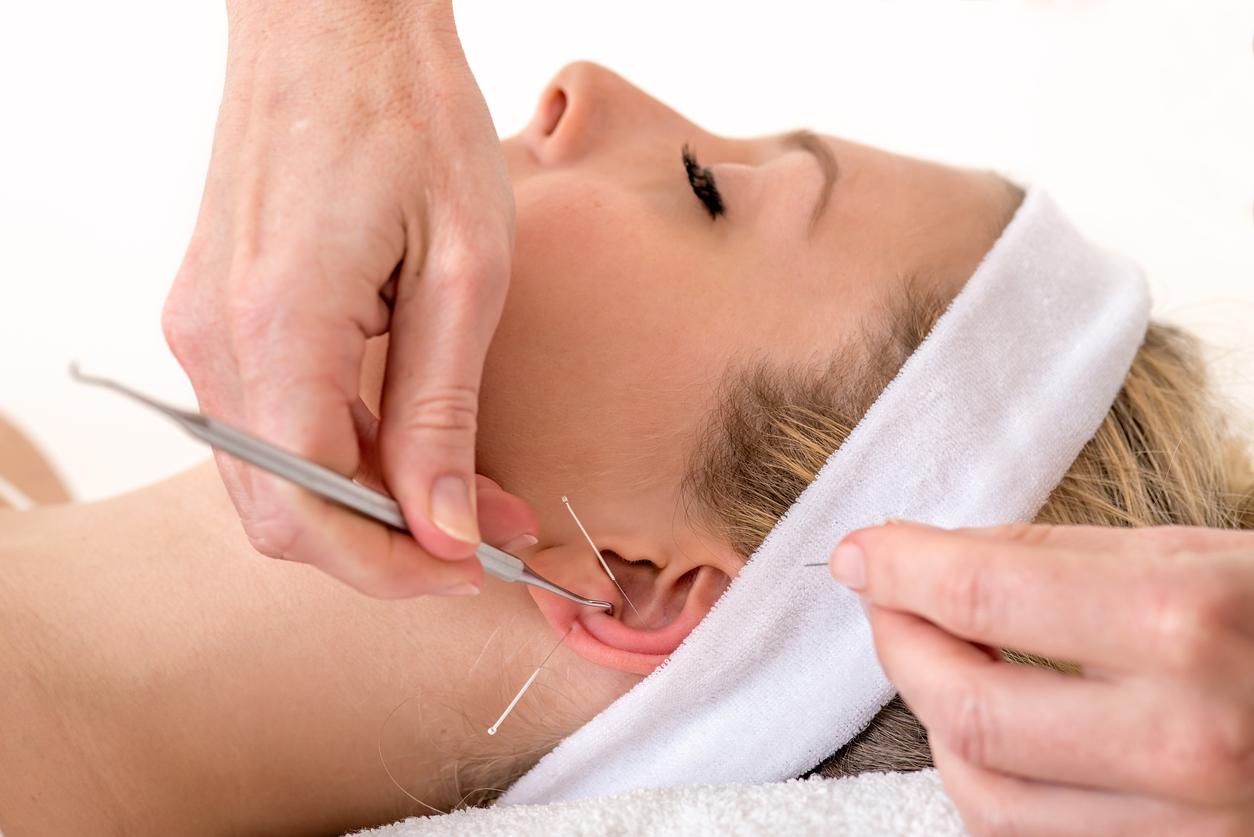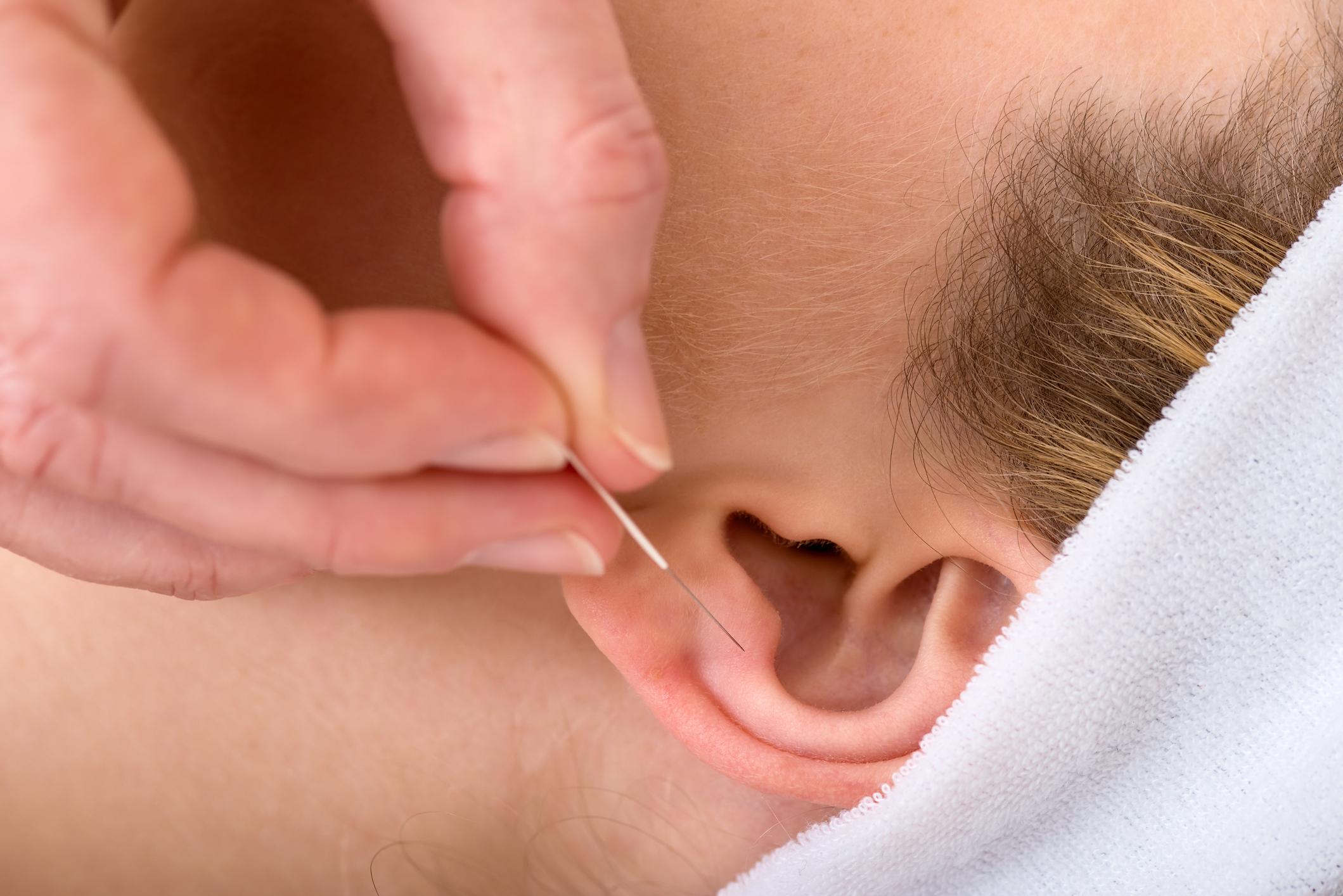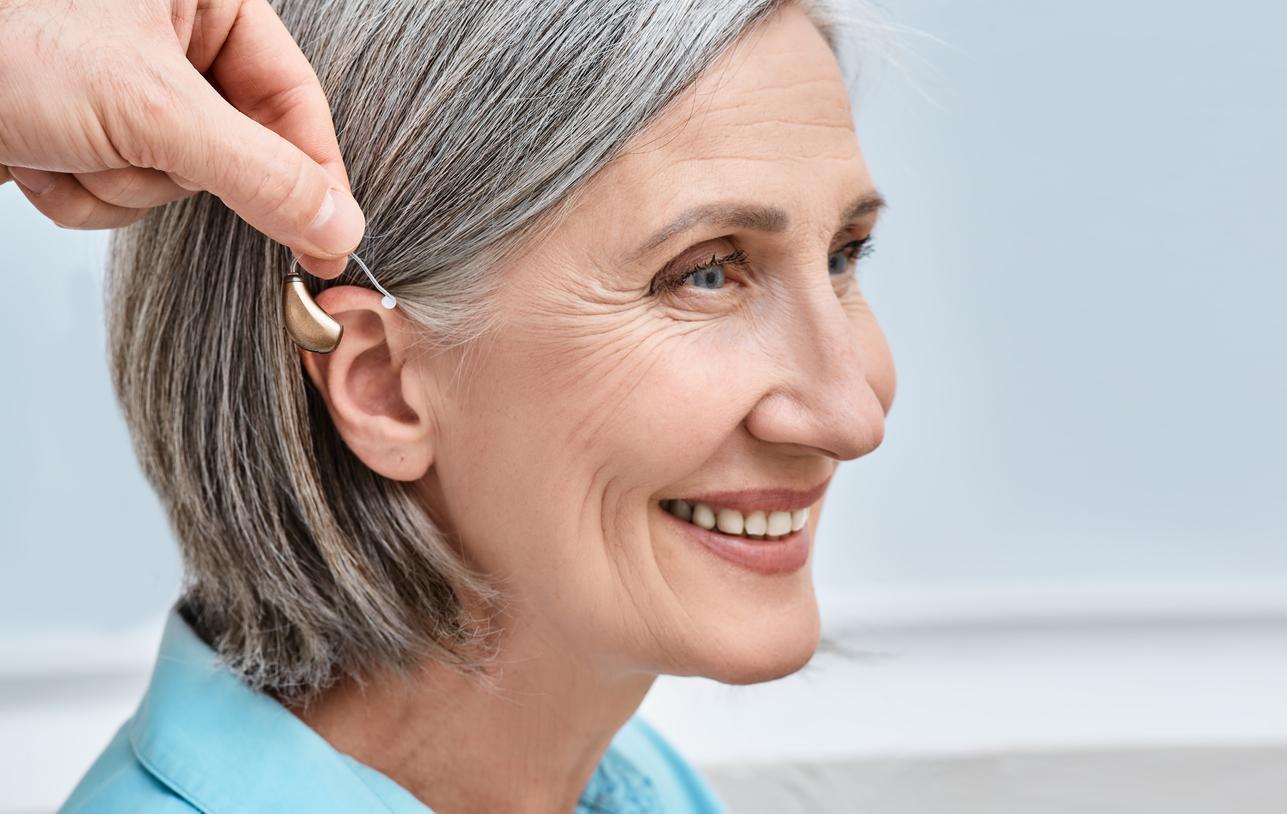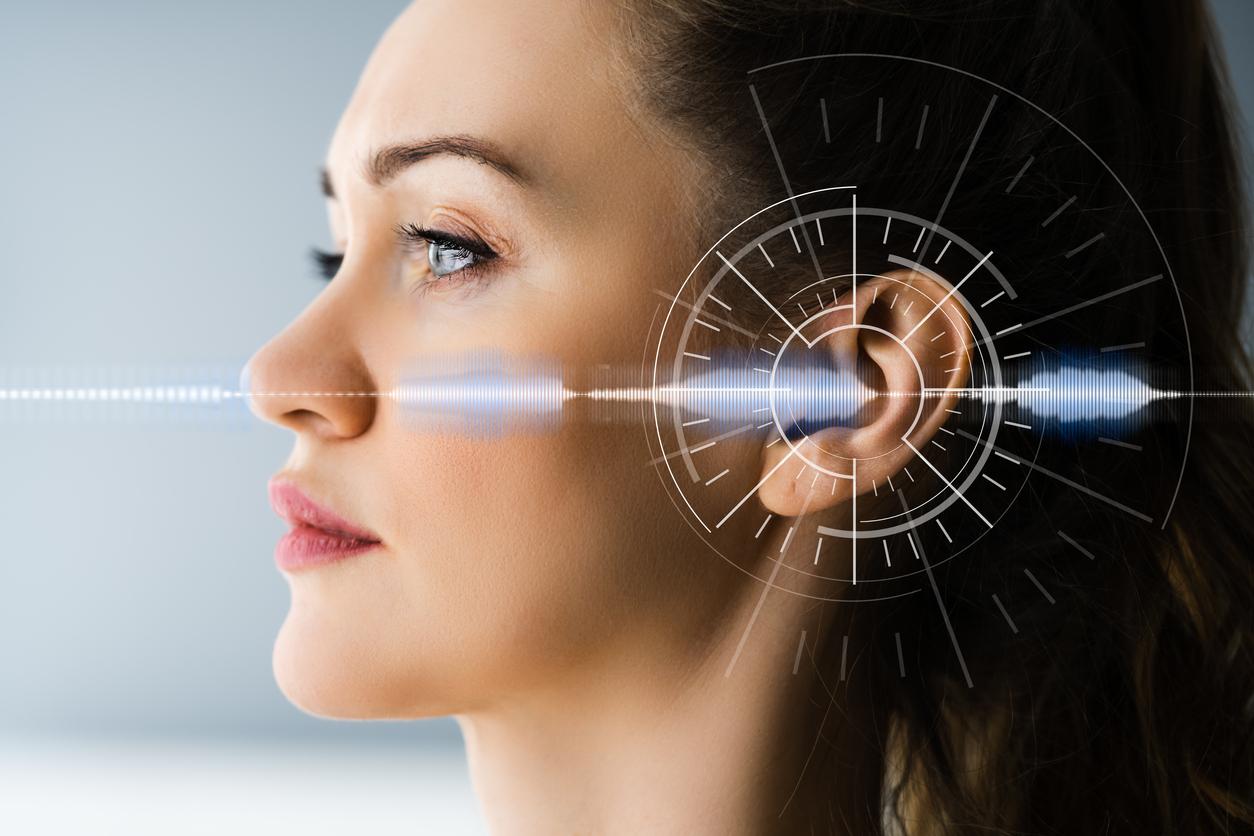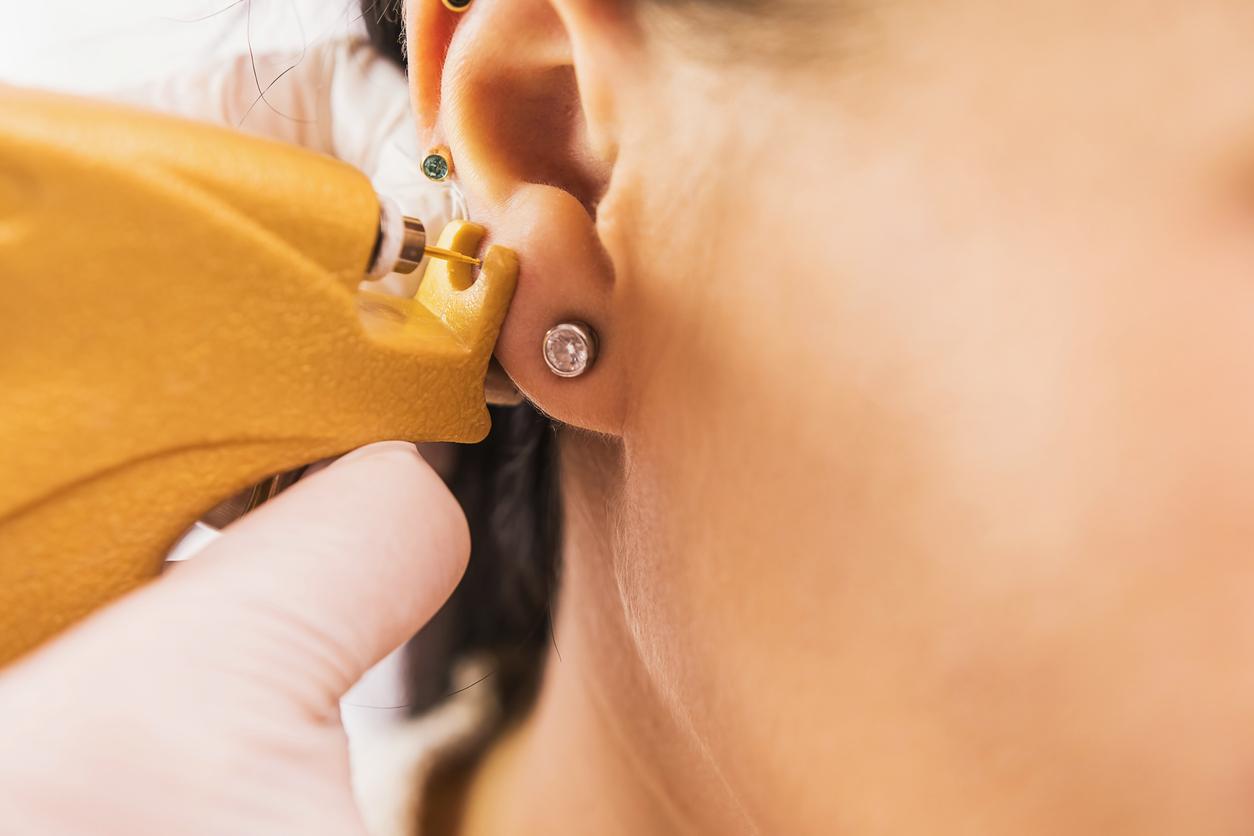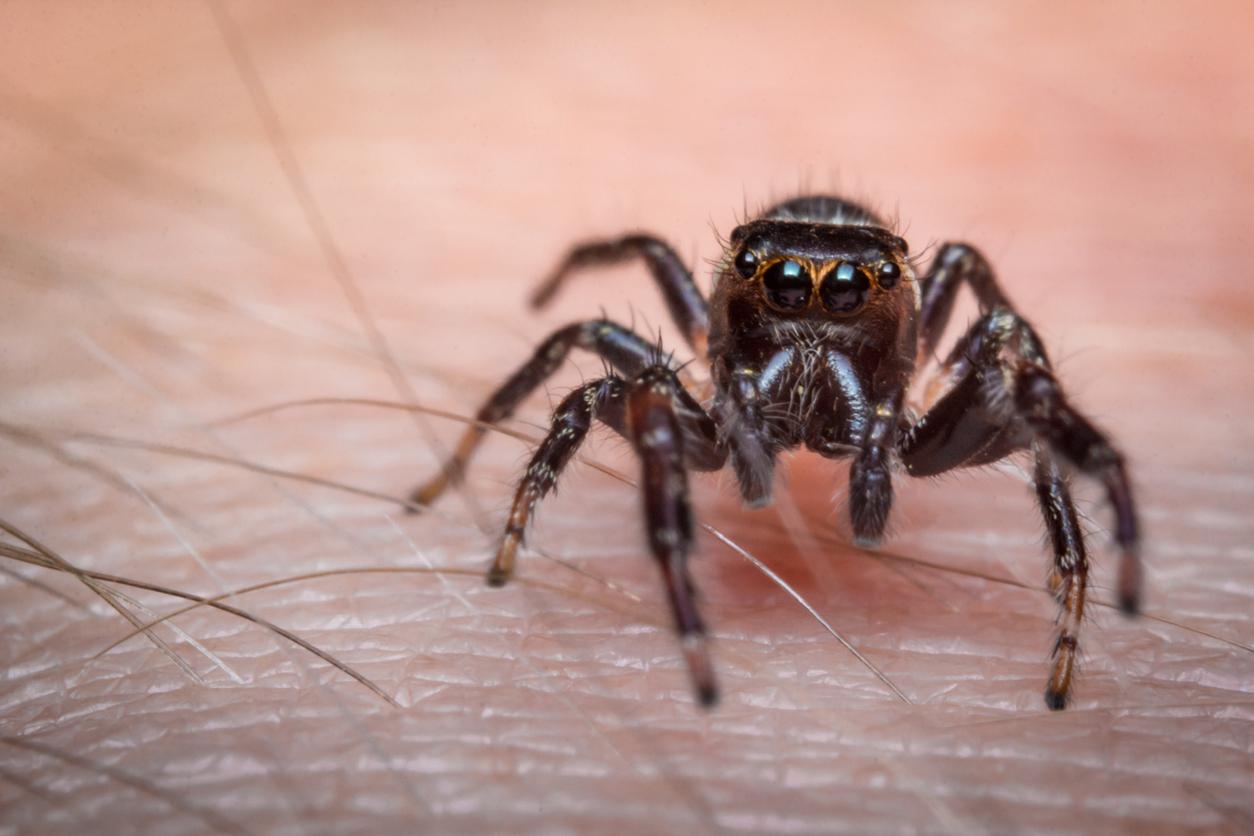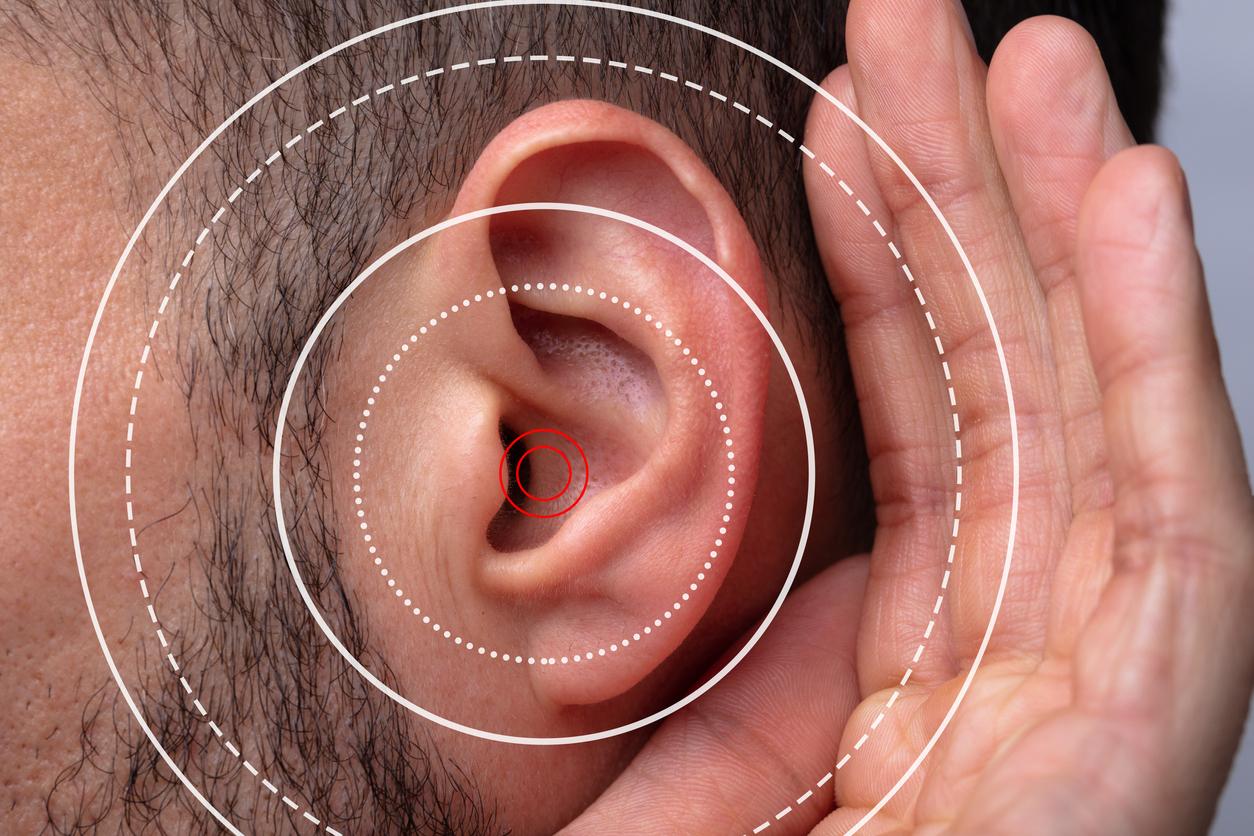
Never clean your ear with a cotton swab
Many people sometimes suffer from it: a clogged ear due to an ear plug. Because earwax builds up in your ear canal, you will hear less well and possibly suffer from your ears. The chance of an ear plug can be reduced by good ear hygiene, but sometimes you will still have to go to the doctor.
You are more likely to get a plug in your ear:
- if you have a narrow ear canal
- if a lot of hair grows in your ear canal
- if you push back wax, for example with cotton swabs
- if you wear a hearing aid
- if you use earplugs
- if you have hard wax (especially older people have this)
Symptoms can get worse when showering or swimming. Also, always try to wash your hair in such a way that no shampoo gets into your ear canal. When the earplug comes into contact with water, it expands.
What if you have an earplug?
If you think your complaints are due to an earplug, have this checked by your doctor. If there is indeed a plug, it can squirt out your ear. If you have tubes or a hole in your eardrum, tell your doctor.
If possible, your doctor will eject your ear right away. Sometimes it may also be necessary to first drop some oil or water in your ear for a day or three. Tilt your head or lie down for a while. Drop in a few drops of olive oil or salad oil and then sit or lie down for a while, so that the drops can reach the ear canal. Repeat this twice daily. After three days you can have your ear syringed. Your doctor will give you a container to hold under your ear. Then the doctor injects lukewarm water into your ear. That water, together with the earplug, flows out of your ear and into the container.
Can you clean your ear with a cotton swab?
Ear plugs are not always preventable. Some people suffer from it more than others, but by cleaning your ear properly you can prevent getting an earplug.
You only need to clean your outer ear and possibly the end of your ear canal. Remove excess earwax with a paper tissue. Only use lukewarm water, no soap. Never put a cotton swab in your ear canal.
With a paper tissue you can easily remove excess earwax in that area. Do not use soap when washing your ears, only lukewarm water. Earwax comes out naturally by chewing, yawning and talking. In this way the ear canal remains clean. This self-cleaning ability means you don’t have to clean them. Preferably not, because that can damage your ear canal.
Sources):








